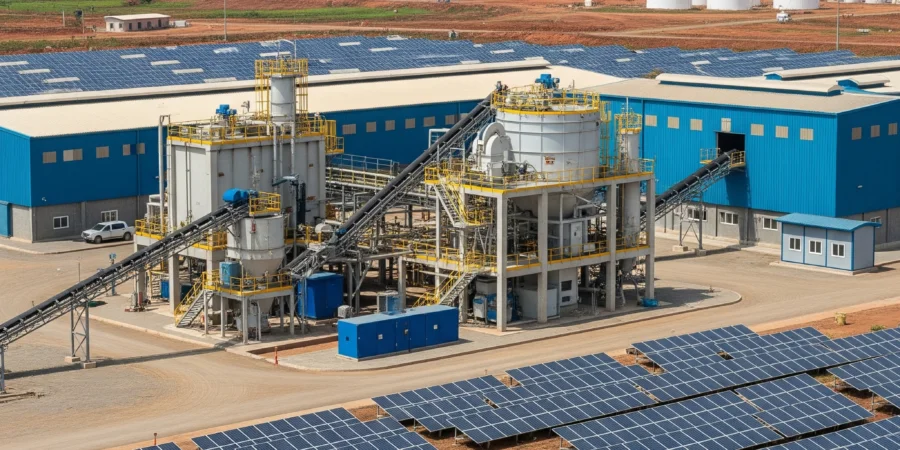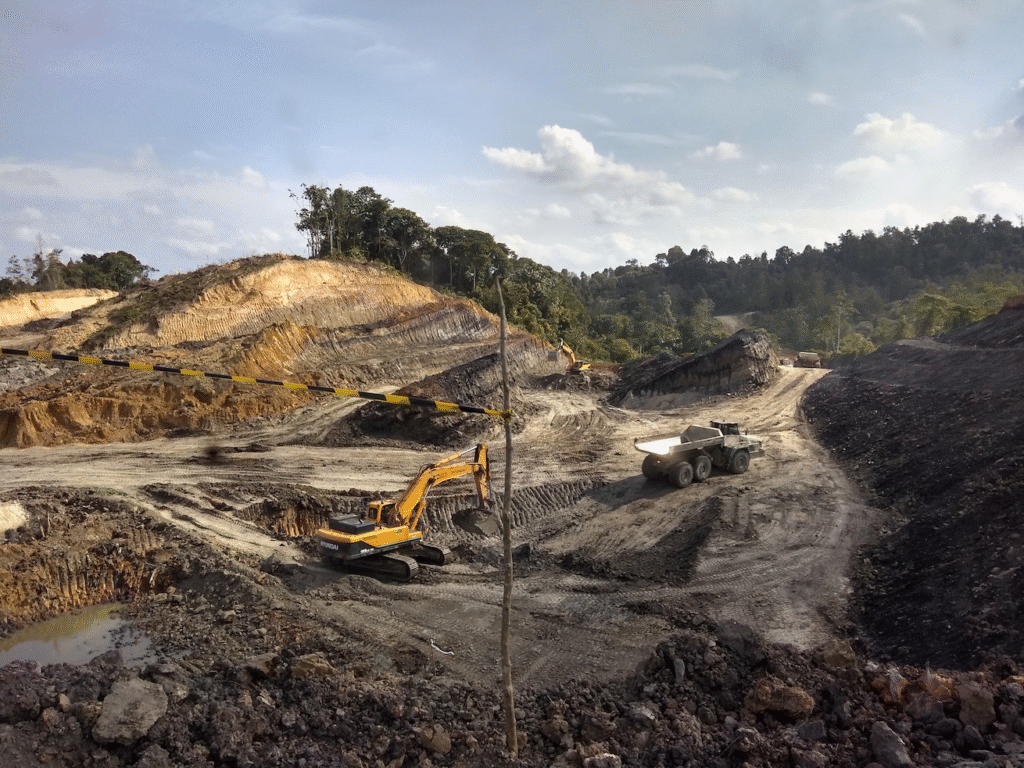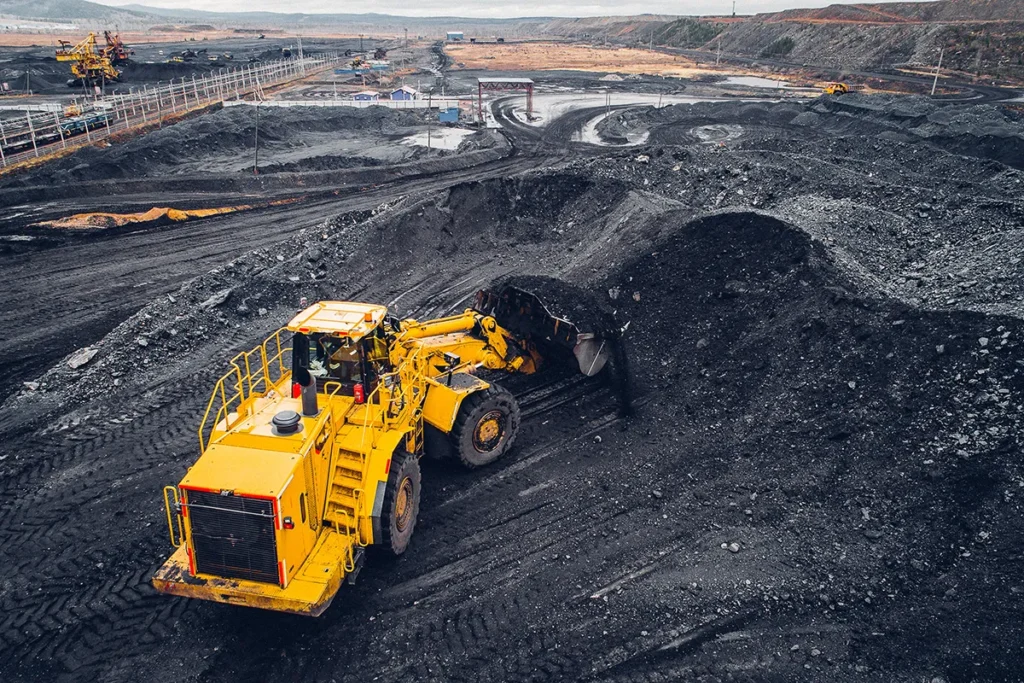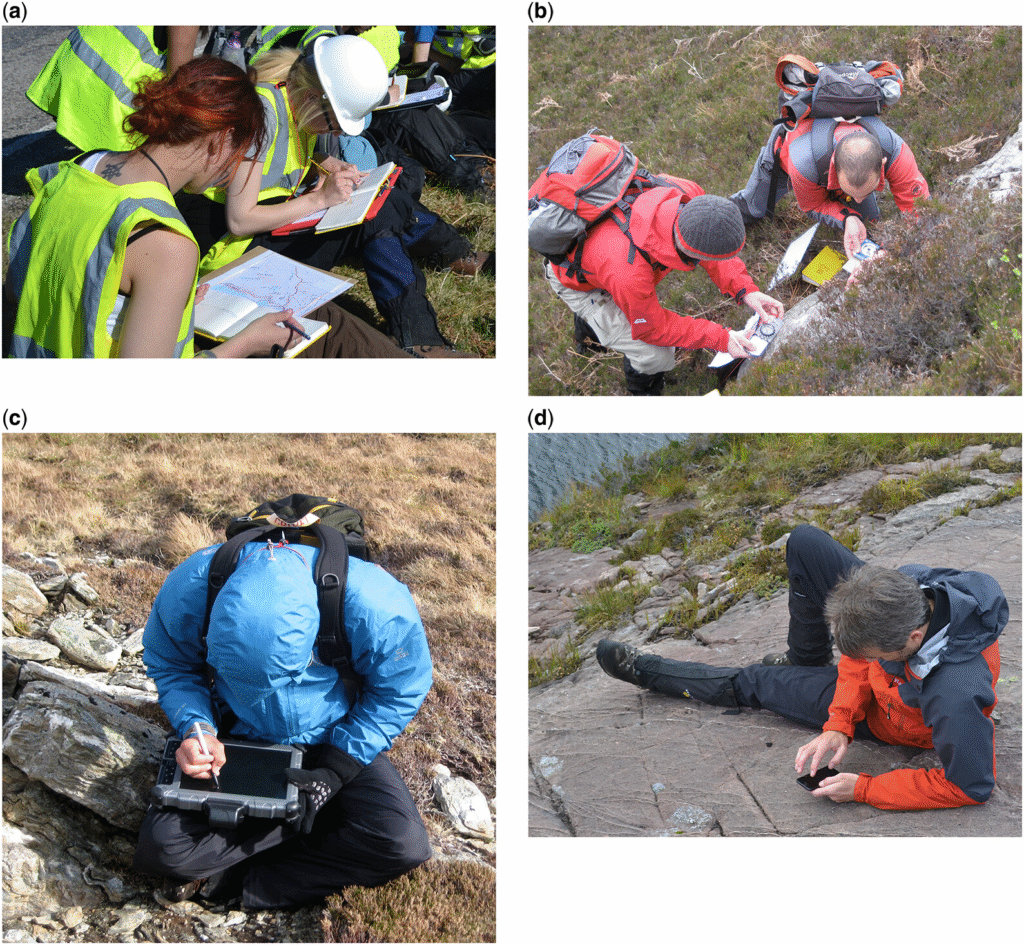Mining in North Africa
Mining in North Africa: Unveiling the Region’s Mineral Wealth
North Africa is a region rich in mineral resources, with its mining industry playing a pivotal role in shaping the economies of countries like Morocco, Egypt, Algeria, Tunisia, and Libya. From phosphates to gold, iron ore to rare earth elements, the region boasts an impressive array of minerals that are critical for global industries. In this blog post, we will delve into the mining landscape of North Africa, supported by vivid image descriptions and insights into the challenges and opportunities within the sector.

Phosphate Powerhouse: Morocco’s Dominance
Morocco is home to over 70% of the world’s phosphate reserves, making it a global leader in the production of this essential mineral used in fertilizers. The OCP Group, a state-owned company, dominates the phosphate market, exporting millions of tons annually to meet global agricultural demands.

Egypt: Gold and Iron Ore Reserves
Egypt has a long history of gold mining dating back to ancient times. Today, the government is actively encouraging foreign investment in its mining sector, particularly in the exploration of gold and base metals like iron ore. Recent discoveries in the Eastern Desert have reignited interest in Egypt’s mineral potential.

Algeria: Diversifying Beyond Oil and Gas
While Algeria is best known for its oil and gas exports, the country is working to diversify its economy by tapping into its mineral wealth. Significant deposits of iron ore, zinc, lead, and uranium present opportunities for growth in the mining sector, although infrastructure challenges remain.

Tunisia: Small but Strategic
Tunisia’s mining industry focuses on smaller-scale operations, with key outputs including phosphates, clay, and marble. While not as large as Morocco’s operations, Tunisia’s strategic location makes it a vital player in regional trade networks.

Libya: Untapped Potential Amidst Challenges
Decades of political instability have hindered Libya’s ability to fully exploit its mineral resources, which include iron ore, limestone, gypsum, and salt. However, recent efforts to stabilize the country could pave the way for future mining investments.

Frequently Asked Questions (FAQs)
Q1: What makes Morocco a global leader in phosphate production?
A1: Morocco holds over 70% of the world’s phosphate reserves and operates some of the largest mines globally, ensuring its dominance in the fertilizer and chemical industries.
Q2: How is Egypt reviving its gold mining industry?
A2: Egypt is attracting foreign investors through updated mining laws, tax incentives, and improved regulatory frameworks, leading to new discoveries and increased production.
Q3: What are the main challenges facing mining in North Africa?
A3: Key challenges include inadequate infrastructure, water scarcity, political instability, and the need for sustainable practices to minimize environmental impact.

